2000年から2020年の20年間、日本の物価指数は殆ど横ばい、つまり、モノの値段が上がっていません。
一方で、ガソリン価格は、2000年はリッターあたりの小売平均価格が100円だったのに対して、2008年には最高180円、私の家の近くのガソリンスタンドでは、今日のレギュラーガソリンの価格は150円でした。
不思議に思い、少し調べてみました。
先ず、日本は石油産出国でないので、中東の産油国などから原油を調達する必要があります。そして輸入した原油を日本国内の製油所で精製し、レギュラーガソリンやハイオクガソリン、軽油となります。
原油価格に関しては、市場の需要と供給のバランスによって変動します。中東の産油国の多くが加入している石油輸出国機構(OPEC)や、ロシア、メキシコなどの石油算出量の多い国々での生産量(供給)と世界の石油に対する需要が原油価格に影響すると言うことですね。
つまり、この20年間は、中国やインドなどの経済成長に伴い、世界の石油需要が高まり石油価格が上がっているということですね。
次に、日本のガソリン価格は世界各国と比較した時に高いのか、安いのか気になったので調べてみました。
OECD (先進国グループ)で比較すると、比較対象の35カ国中小売価格で日本は23番目になるので、日本のガソリン小売価格は高くないという事が言えそうです。
但し、35カ国中、2番目に安いアメリカと比較すると、日本はアメリカより4割ほど高くなっています。
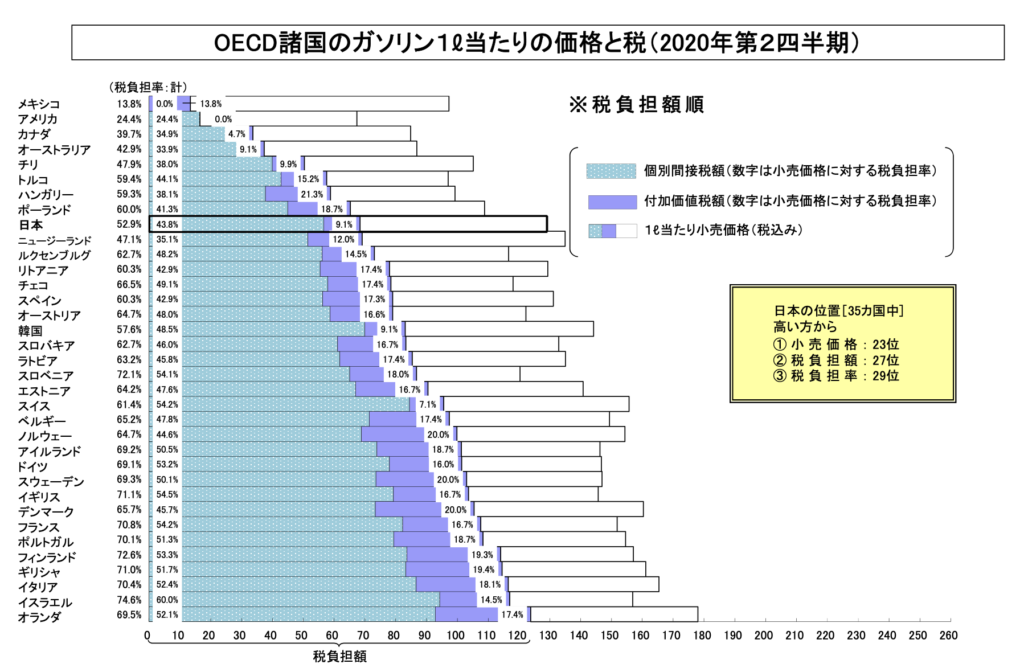

なぜ、日本とアメリカで、こんなに違いがあるのでしょうか?
アメリカは、石油産出国なので、原油を輸入に頼る日本と違い、日々変わる原油価格や為替による影響が小さいという事があるようです。
ただ、それ以上に価格に影響している要因は、ガソリン税の違いによるところでした。
なんと日本では約50%のガソリン税がかかるの対して、アメリカは平均して24%程度に止まっています。
例えば、1リットルあたり130円のガソリンを購入したときに払っている税金は約5割の66.23円です。
税金の内訳は、ガソリン税、石油石炭税、そして全体の金額に掛かる消費税ですが、これが二重課税ではないか?といわれているそうです。
ちなみに、本来のガソリン税(本則税率)は、28.70円。そこに25.1円の暫定税率が加わり、53.8円をガソリン税として払っています。さらに石油税(2.8円)、そして消費税(10%)がさらに加算されているのです。
暫定税率って言うくらいだから、いつか廃止されないの?
暫定税率は、前後日本の道路を早急に整備するために作られた道路特定財源の一つとして1974年に導入されたそうです。この税金は全て道路整備に充てられているそうです。撤廃の噂もあったものの、ここまで維持されているようです。そういえば、高速道路の通行料金も、道路を作った時に使ったお金(借金)を返済したら無料化するという償還主義を取っているそうですが、果たして無料化される時が来るのでしょうか。

最後に、ガソリン価格に影響する原油価格の今後の見通しはどうでしょうか?
専門家の見立てのよると、少なくとも2030年までは中国やインドなどの新興国の需要に引っ張られ世界の石油需要は増えていくそうです。
一方で、SDGs(持続可能な開発目標)の17の目標の一つである、”7. エネルギーをみんなに、そしてクリーンに” では、2030年までに
7.1 安価かつ信頼できる現代的エネルギーサービスへの普遍的アクセスを確保する。
7.2 世界のエネルギーミックスにおける再生可能エネルギーの割合を大幅に拡大させる。
7.3 世界全体のエネルギー効率の改善率を倍増させる。
などのターゲットが設定されています。
実際、日本政府が、2030年前半ガソリン車販売禁止を義務付けると言うニュースをご覧になった方も多いと思います。
ということで、ガソリン車が減ることで、2030年以降原油価格がどう変わっていくは、まだ専門家の中でも意見が分かれているようです。
私自身は、今回色々と調べていく中で、ガソリン価格よりも何よりも、日本や日本の自動車メーカーが、石油依存から、よりクリーンで再生可能なエネルギーミックスの実現をリードする絶好なチャンスであることを認識しました。日本の自動車メーカーなら生き残りをかけてやってくれると信じています。
(English)
For the 20 years between 2000 and 2020, Japan’s price index has remained almost flat, meaning that the prices of goods have not increased.
On the other hand, the average retail price of gasoline per liter was 100 yen in 2000, but in 2008 it was up to 180 yen, and at a gas station near my house, the price of regular gasoline today is 150 yen.
Why are gasoline prices fluctuating so much and becoming more expensive again?
I wondered and did some research.
First of all, Japan is not an oil-producing country, so it is necessary to procure crude oil from oil-producing countries in the Middle East. The imported crude oil is then refined at refineries in Japan to produce regular gasoline, high-octane gasoline, and diesel oil. Crude oil prices fluctuate depending on the balance between supply and demand in the market. The price of crude oil is affected by the production (supply) in the Organization of the Petroleum Exporting Countries (OPEC), of which many oil-producing countries in the Middle East are members, as well as in Russia, Mexico, and other countries with large oil reserves, and the world’s demand for oil.
In other words, for the past 20 years, the world’s demand for oil has been increasing along with the economic growth of China and India, and the price of oil has been rising.
Next, I was curious whether gasoline prices in Japan are high or low compared to other countries in the world, so I did some research.
When compared to the OECD (Group of Industrialized Nations), Japan ranks 23rd out of 35 countries in terms of retail price, so it can be said that the retail price of gasoline in Japan is not high.
However, compared to the United States, which is the second cheapest among the 35 countries, Japan’s retail price is 40% higher than that of the United States.
Why is there such a difference?
Because the U.S. is an oil-producing country, it is less affected by daily changes in crude oil prices and exchange rates than Japan, which relies on crude oil imports.
However, the factor that affects the price more than that is the difference in gasoline tax. In Japan, the gasoline tax is about 50%, while in the U.S., it is only about 24% on average.I didn’t know I was paying that much in taxes.
For example, when you buy gasoline at 130 yen per liter, the tax you pay is about 50%, or 66.23 yen.
The breakdown of the taxes is gasoline tax, coal tax, and consumption tax on the total amount. It is said to be double taxation.
Incidentally, the original gasoline tax (the main tax rate) is 28.70 yen. The provisional tax rate of 25.1 yen is added to it, and we pay 53.8 yen as gasoline tax.
In addition, there is a petroleum tax (2.8 yen) and a consumption tax (10%).
Since it’s called a provisional tax rate, won’t it be abolished someday?
The provisional tax rate was introduced in 1974 as one of the road specific financial resources created to quickly improve the roads in Japan before and after the war.
This tax is said to be used entirely for road maintenance.
Although there were rumors that the tax would be abolished, it seems to have been maintained up to this point.
By the way, the tolls on expressways are also based on the principle of reimbursement, which means that the tolls will become free once the money used to build the roads (debt) is repaid, but I wonder if the time will ever come when the tolls will become free.
Finally, what is the future outlook for the price of crude oil, which affects the price of gasoline?
According to experts, global demand for oil will continue to increase, driven by demand from emerging countries such as China and India, at least until 2030.
On the other hand, one of the 17 goals of the SDGs (Sustainable Development Goals), “7. Energy for All, Clean for All,” states that by 2030
7.1 Ensure universal access to affordable, reliable and modern energy services.
7.2 Significantly increase the share of renewable energy in the global energy mix.
7.3 Double the rate of improvement in global energy efficiency.
These are the targets that have been set.In fact, I’m sure many of you have seen the news that the Japanese government will mandate a ban on the sale of gasoline cars in the first half of 2030.
So, it seems that even among experts, there are still different opinions on how the reduction of gasoline cars will change the price of crude oil after 2030.
In my own research, I have come to realize that more than gasoline prices, this is a great opportunity for Japan and Japanese automakers to lead the way in shifting from dependence on oil to a cleaner and more renewable energy mix.I believe that Japanese automakers will do it to survive.
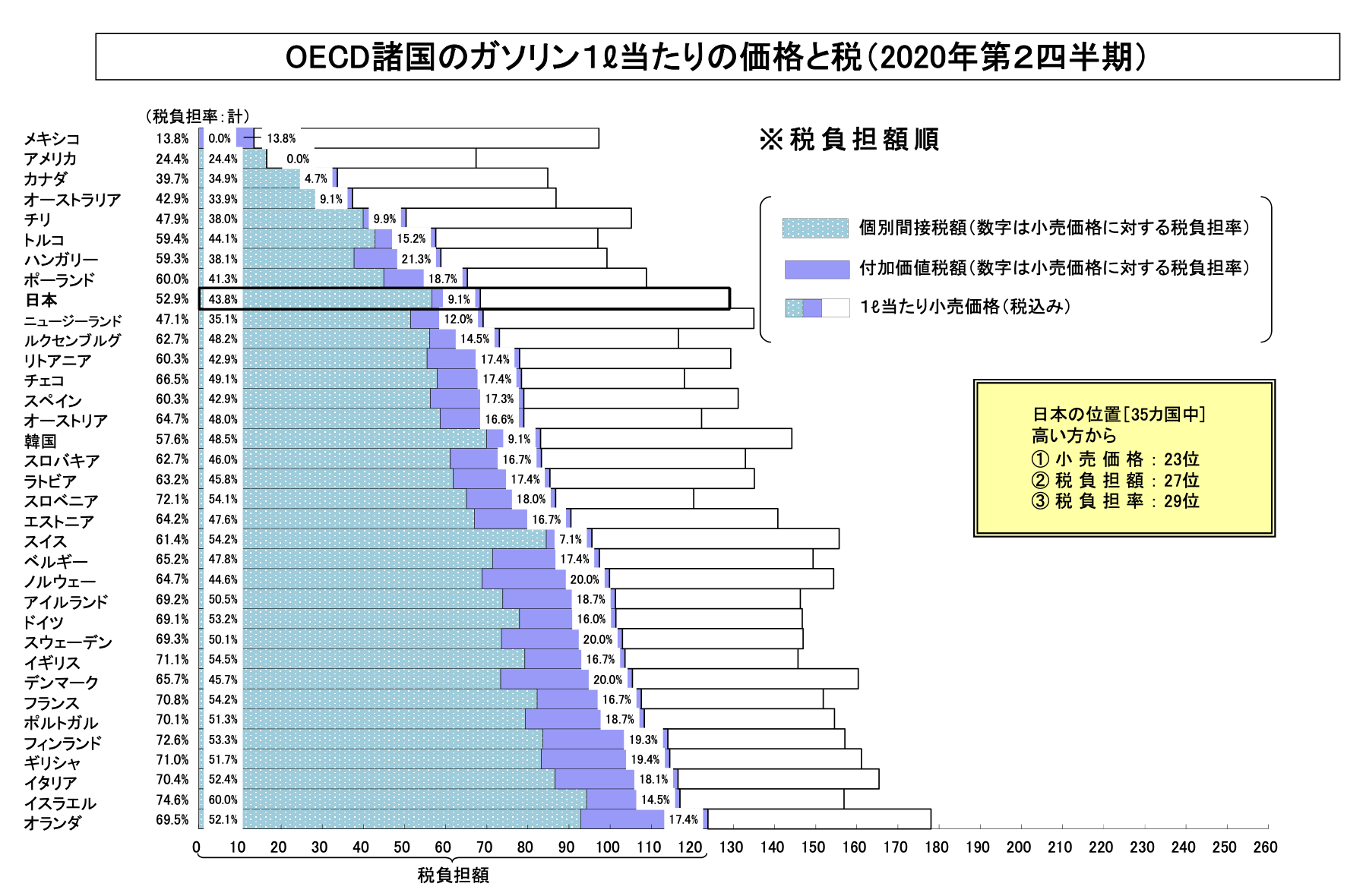



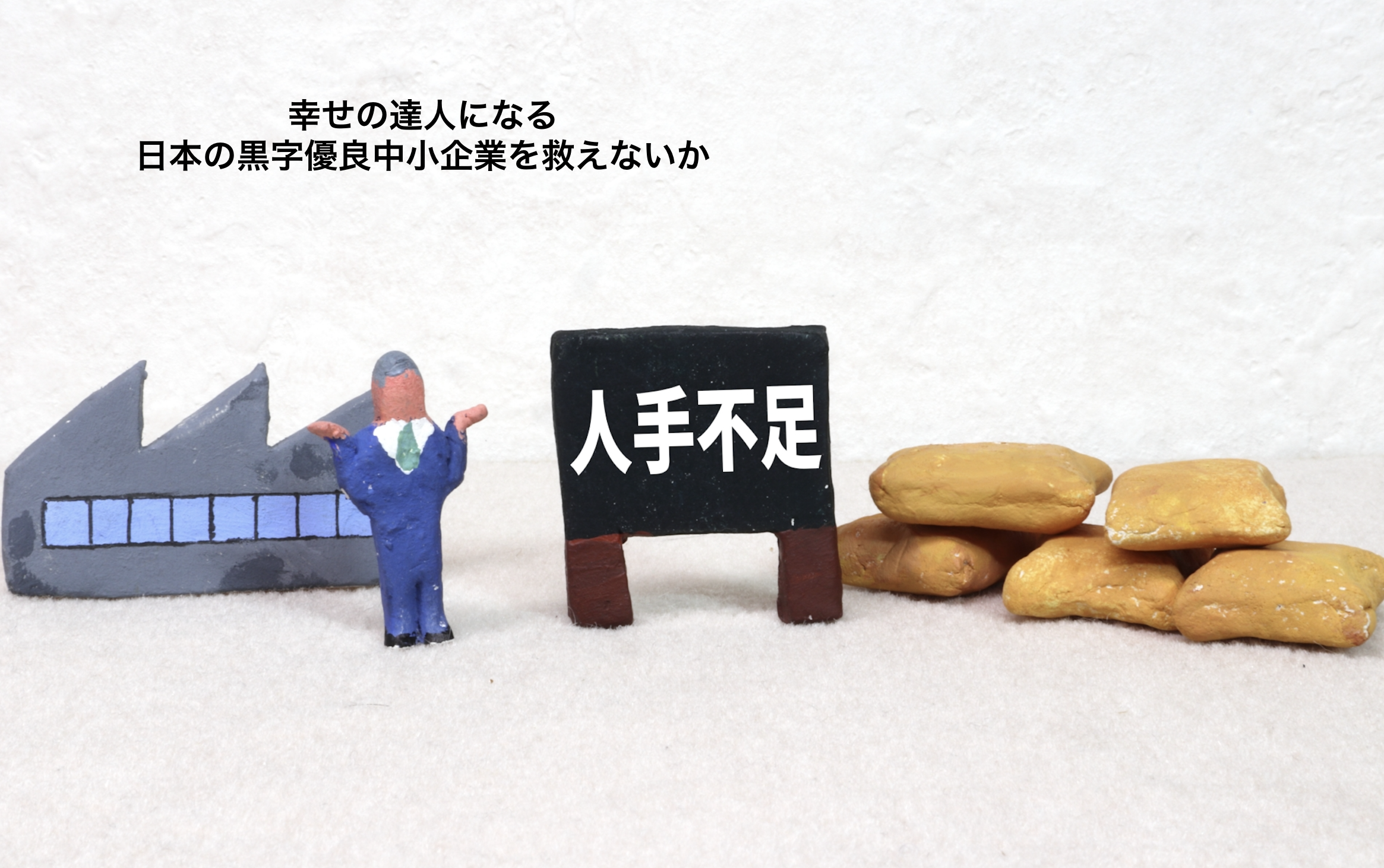
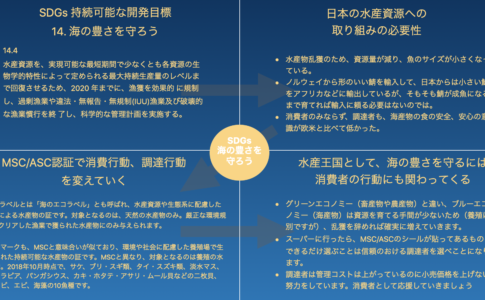



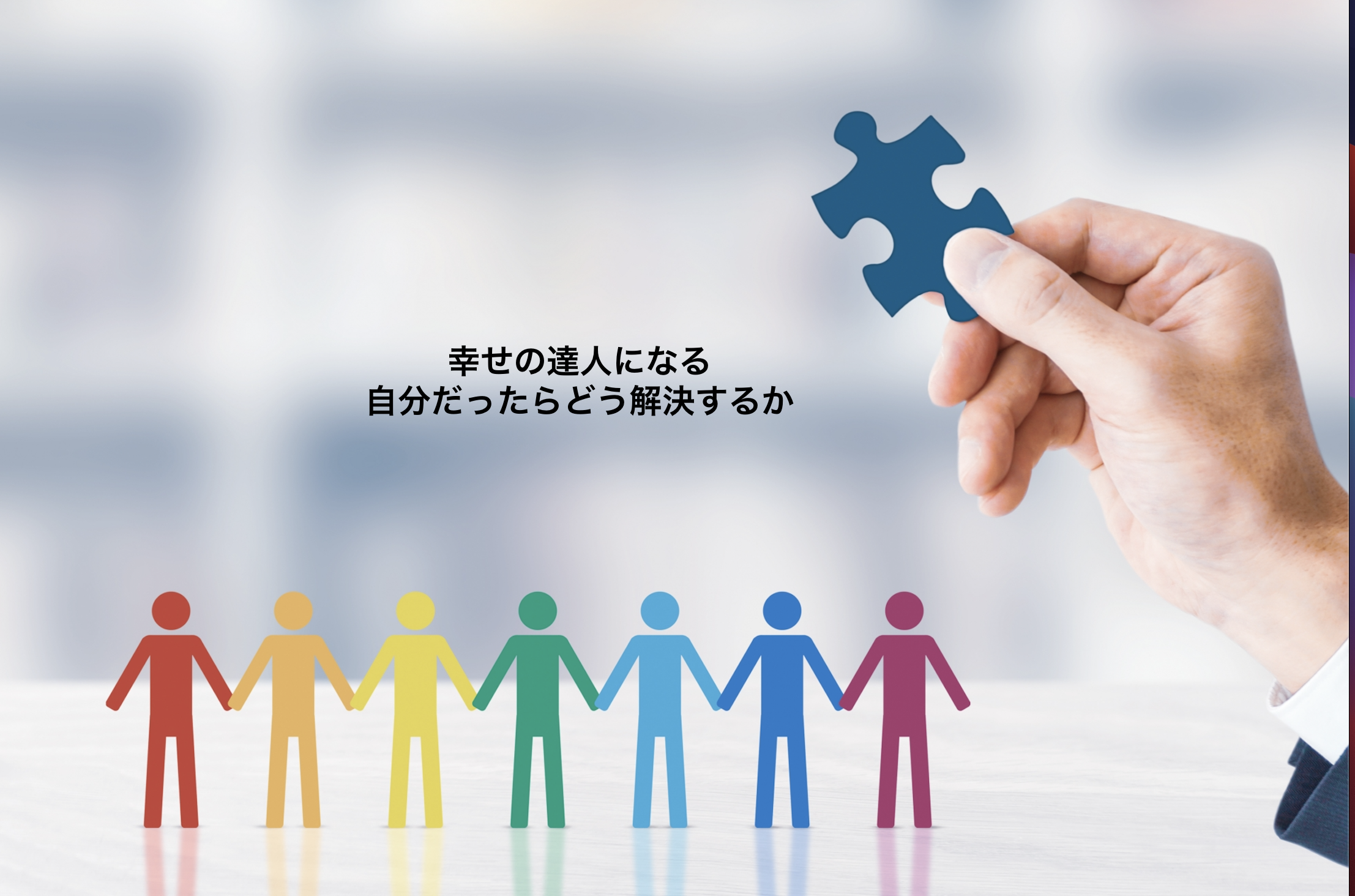





なぜガソリン価格はこんなに変動して、また高くなっているのでしょうか?